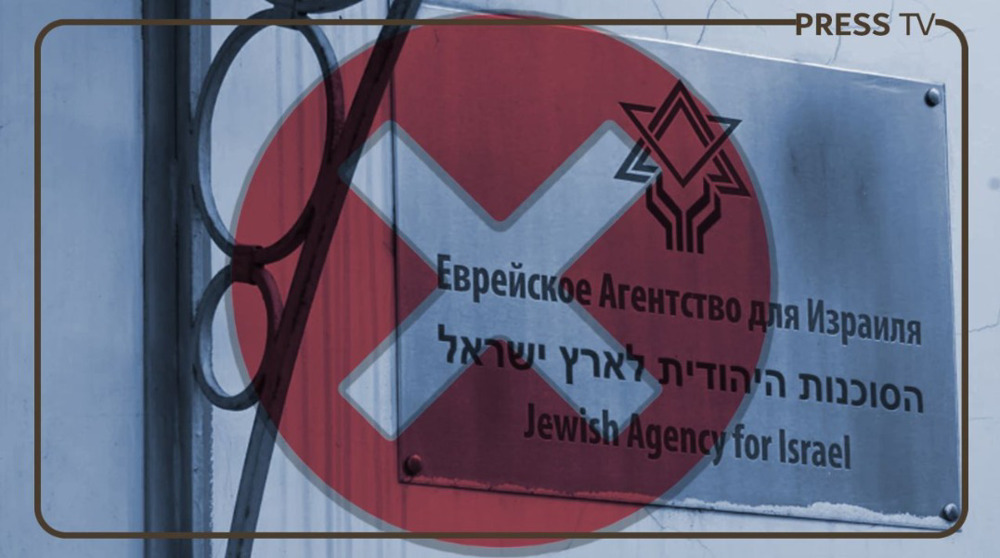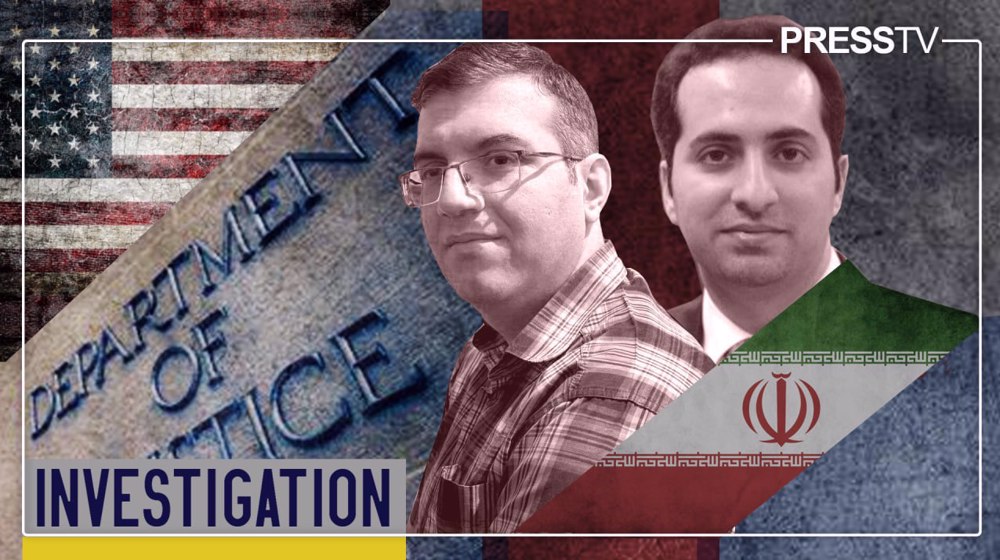How the Ukraine war drove Russia and Israel apart
By Afifeh Abedi, international affairs expert
Russia's likely decision to liquidate the "Jewish Agency" and stop its activities has drawn strong reactions from Tel Aviv authorities and has cast more doubts on the prospect of reducing tensions between Russia and Israel. After Russia's attack on Ukraine and the anti-Russian positions of the Israeli authorities, a "verbal conflict" between Moscow and Tel Aviv started, which is now turning into a "diplomatic conflict." Considering the international situation after the war in Ukraine, even this scenario has gained momentum that friendship between the Russians and the Israelis will turn into hostility and a new alignment.
But it is worth noting that relations between Russia and Israel are complicated. In the last three decades, bilateral, regional and international considerations have created a strategic interdependence between Moscow and Tel Aviv, which is difficult and costly for both sides, particularly Israel, to change and replace. One can briefly refer to the following cases:
International considerations
The scenario that is envisaged to change friendly relations between Russia and Israel in the future has already been experienced. Before the formulation of Gorbachev's "New Thought" doctrine in the foreign policy of the Soviet Union and during the Cold War, Moscow and Tel Aviv were in different blocs and the Soviet Union, in addition to repressing the Jews at home, gave extensive covert support to the Palestine Liberation Organization and trained and equipped the Syrian, Egyptian and Iraqi armies in the war with Israel, and Israel was also at the service of the goals of the Western bloc to narrow the field of the Soviet Union's unity in the nearby borders.
But in the last years of the Soviet Union's existence, Gorbachev revised his Middle East policy towards Israel, believing that establishing cordial relations with Israel could help improve relations with the United States. This policy also continued after the collapse of the Soviet Union with the aim of improving relations between Moscow and Washington and Russia benefiting from the Israeli capital and technologies. But now the situation is completely different from the past three decades and is closer to the pre-Gorbachev period. Relations between Washington and Moscow have become completely tense after Russia's invasion of Ukraine. The extensive consequences of the war in Ukraine have weakened the US-based political, economic and security structures and the world is expecting a change in the international order and the establishment of a new international system. In this situation, Israel is still considered a US strategic ally and the relationship between Russia and Israel has become more complicated.
Regional considerations
Although international conditions have changed as a driving force in relations between Moscow and Tel Aviv, at the regional level there are unresolved issues in the Middle East, which in case of the continuation of tension and a fundamental change in relations between Moscow and Tel Aviv, will turn the situation costly, especially for Israel.
When Moscow reconsidered its relations with Tel Aviv in 1991 with international motives, Israel sought a friendly relationship with the Russians with regional motives. Close relations with Moscow prevented Russia from being among Israel's enemies and regional rivals. Due to its friendly relationship with Moscow in the last three decades, Tel Aviv has managed the costs and benefits of many regional crises.
Now the change in the international arena is also changing the regional order in the Middle East. This is while the strategies of the United States in recent years indicate a shift in focus from the Middle East to East Asia. While Washington has tried to delegate part of its strategic responsibilities towards Israel through strategies such as the establishment of the Abraham Pact, there are insoluble issues between Washington and main players of the Arab world that would make actors such as Saudi Arabia, the traditional ally of the United States, suspicious about Washington's policies.
In other words, the intensification of tension between Russia and Israel, the geopolitical competition between Russia and the United States, create great uncertainty for Tel Aviv about the future.
The improvement of diplomatic relations between Russia and Israel during the Soviet Union time and the removal of obstacles in the way of the Russian Jews' immigration to the occupied territories strengthened the Israeli regime. The number of Russian-born politicians in Israel increased in proportion and this led to Russia's political and economic influence in Israel.
As a result, in the years after the collapse of the Soviet Union, these relations were always expanding and sometimes the title of strategic alliance was used for Moscow-Tel Aviv relations, although there were ups and downs in these relations.
Scope and consequences of tensions between Russia and Israel
Given all the aforementioned interpretations of the role of international and regional variables, it can be said that the legal decision in Russia to close the office of the Jewish Agency in Moscow has both social and political aspects.
Anti-Semitism in Russia has a long history and social and religious roots. But it is noteworthy that in the past 30 years, the main activity of the "Jewish Agency in Russia" was to facilitate the Zionists' immigration to the occupied territories. Just as the immigration work permit was granted to this agency with an international motive, now its closure also happens mostly with the same motive. America's political, economic and military hostility against Russia has made Moscow suspicious of Israel and Tel Aviv-related forces in the country. While the US uses a combination of hardware and software strategies to weaken Russia, the forces affiliated with Israel can be among Washington's software tools in Russia. In the last decade, Russia has tried to block the place of any social influence and civil activity of Western organizations and agencies. In this regard, Moscow is probably trying to warn Israel against any kind of cooperation and participation with America's anti-Russian plans with the recent decision.
(This article was originally written in Persian and translated to English by Press TV staff. The views expressed in this piece do not necessarily reflect those of Press TV.)
'Gaza has won': Social media users react to ceasefire with mix of relief, joy
Iran seeks South Korea’s assistance for AI, fiber-optic projects
VIDEO | Iran's 'Eqtedar' (Power) maneuver
Israel hits HTS military target in Syria for 1st time since fall of Assad
VIDEO | Press TV's news headlines
Israel has slaughtered 13,000 students in Gaza, West Bank
VIDEO | More Zionist than Zionists: Biden’s legacy to be defined by Gaza genocide
Hamas confirms handing approval of Gaza ceasefire deal to mediators










 This makes it easy to access the Press TV website
This makes it easy to access the Press TV website